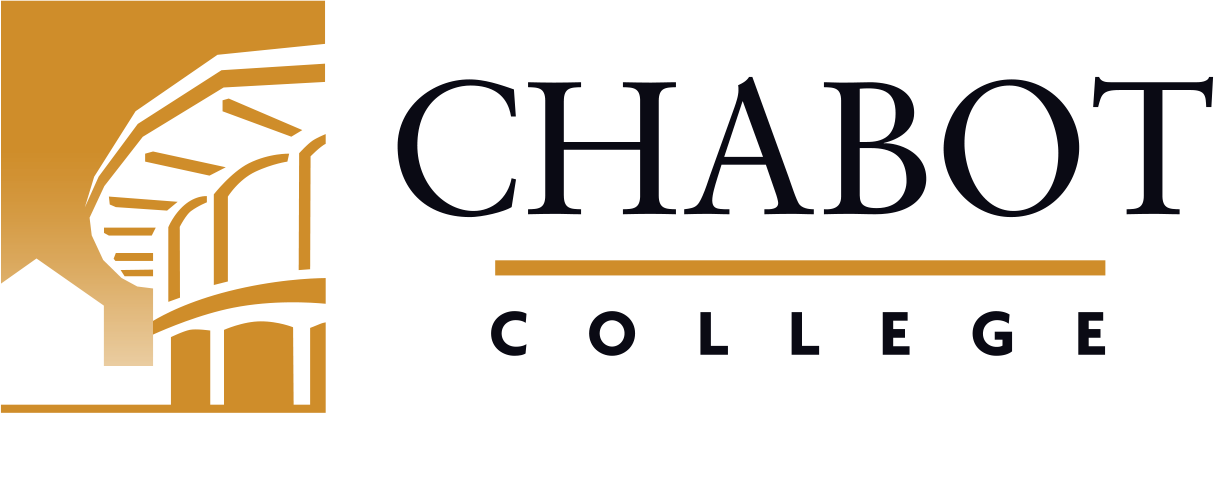
Course Outline for English 13B
Intermediate Craft of Writing - Poetry
Effective: Fall 2021
SLO Rev: 12/09/2016
SLO Rev: 12/09/2016
Catalog Description:
ENGL 13B - Intermediate Craft of Writing - Poetry
3.00 Units
Practice in writing poetry at an intermediate level. Builds on skills developed in English 13A. 13B requires: greater and more integrated use of trope, image, and metaphor; more extensive development of themes, including across different poems; more nuanced eye towards personal revision and workshop critique of classmates’ poems; deeper integration of materials drawn from published poetry and individual's own work for analysis and criticism with a focus on techniques of revision.
Prerequisite: ENGL 13A.
1507.00 - Creative Writing
Letter Grade Only
| Type | Units | Inside of Class Hours | Outside of Class Hours | Total Student Learning Hours |
|---|---|---|---|---|
| Lecture | 3.00 | 54.00 | 108.00 | 162.00 |
| Total | 3.00 | 54.00 | 108.00 | 162.00 |
Measurable Objectives:
Upon completion of this course, the student should be able to:
- demonstrate skills of writing poetry at an intermediate level, including the range of choices available to the poet in both traditional and modern forms as well as demonstrate ability to create a suite of poems on a form or theme;
- demonstrate knowledge at an intermediate level of the function of tropes, image, metaphor and symbol, and the function of diction and syntax; be able to integrate these into original poems in creative and inventive ways;
- demonstrate skill in critical revision as an essential part of the creative process; demonstrate the ability to apply this critical eye to the work of fellow students;
- demonstrate understanding of methods of manuscript submission and the markets for poetry; submit work to Chabot Review or similar publication, following proper submission guidelines.
Course Content:
- Analysis of selected works of poetry and literary criticism.
- The works studied should illustrate the range possible in poetry;
- work studied should come from a diverse body of authors reflecting diversity in subject matter, cultural perspective, and gender perspective, national or geographic background, time period, structure, and theme.
- work studied should demonstrate the necessary vocabulary of criticism a writer must have to evaluate his/her own work.
- Specific training through controlled and open-ended assignments to enable the student to master specific elements and techniques.
- Students will experiment with at least 3 poetic forms of their choice and prepare a presentation of their work and the techniques used
- Workshop of student poetry
- The analysis and discussion of student writing by the class and instructor
- Written feedback with an aim toward revision
- Oral feedback with an aim toward revision
- Submission to the instructor a selection of 12-15 poems
- revisions of those pieces based on classroom feedback.
- Presentation of their work
- Help organize and take part in an end-of-semester capstone project, such as a poetry reading or video reading series.
- A study of markets for poems and consideration of editorial requirements.
- Consideration of problems of copyright
- Consideration of the method of submitting manuscripts
Methods of Instruction:
- Lecture/Discussion
- Discussion Seminar
- Individual Performance
Assignments and Methods of Evaluating Student Progress:
- Write a suite of poems on an assigned topic and bring copies to class for peer review.
- Give an oral presentation exploring the use of image, metaphor, and symbolism in a poem from our text.
- Research promising Literary and Website Poetry publications that students can submit work to; present findings to class.
- Class Performance
- Class Participation
- Peer student evaluation of student demonstrations
- Portfolios
- Group Projects
- Final Examination
Upon the completion of this course, the student should be able to:
- The student should be able to write in traditional and modern forms
- The student should know the function(s) of tropes, images, symbols, diction, and syntax in poetry
- The student should be able to revise original poetry
Textbooks (Typical):
- Ron Padgett (2007). Handbook of Poetic Forms (2nd). The Teachers and Writers Collaborative.
- ed. by Christopher Soto (2018). Nepantla: An Anthology of Queer Poets of Color Nepantla.
- Margaret Ferguson Ph. D, Tim Kendal, Mary Jo Salter (2018). Norton Anthology of Poetry (6th). .
- ed. by Anne Waldman and Lisa Berman (2004). Civil Disobediences: Poetics and Politics in Action Coffee House Press.
- ed. by Mahogany Browne, Idrissa Simmonds, Patricia Smith, and Jamila Woods (2018). The BreakBeat Poets: Black Girl Magic (Vol. 2). .
- ed. by David Lehman (2003). Great American Prose Poems: From Poe to the Present Scribner Poetry.
- ed. by Mark Eleveld (2007). The Spoken Word Revolution REdux (A Poetry Speaks Experience) (1st). .
Abbreviated Class Schedule Description:
The craft of writing poetry 13B at an intermediate level builds on skills developed in English 13A. 13B requires a greater focus on the analysis of poetic form and devices as well as a more integrated use of techniques and styles from a diverse selection of poetry, including peers, to develop and revise one's own work.
Prerequisite: ENGL 13A.
Discipline:
English*